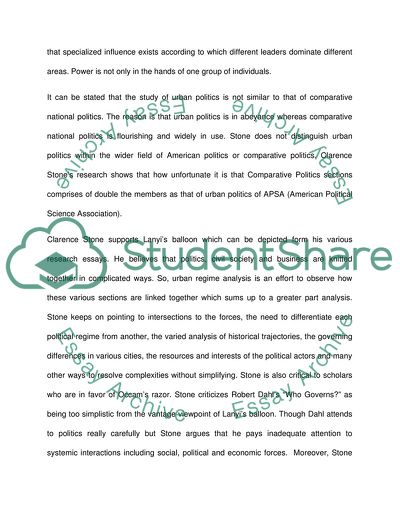Cite this document
(“Urban Politics Research Paper Example | Topics and Well Written Essays - 1250 words”, n.d.)
Retrieved from https://studentshare.org/social-science/1596676-urban-politics
Retrieved from https://studentshare.org/social-science/1596676-urban-politics
(Urban Politics Research Paper Example | Topics and Well Written Essays - 1250 Words)
https://studentshare.org/social-science/1596676-urban-politics.
https://studentshare.org/social-science/1596676-urban-politics.
“Urban Politics Research Paper Example | Topics and Well Written Essays - 1250 Words”, n.d. https://studentshare.org/social-science/1596676-urban-politics.


